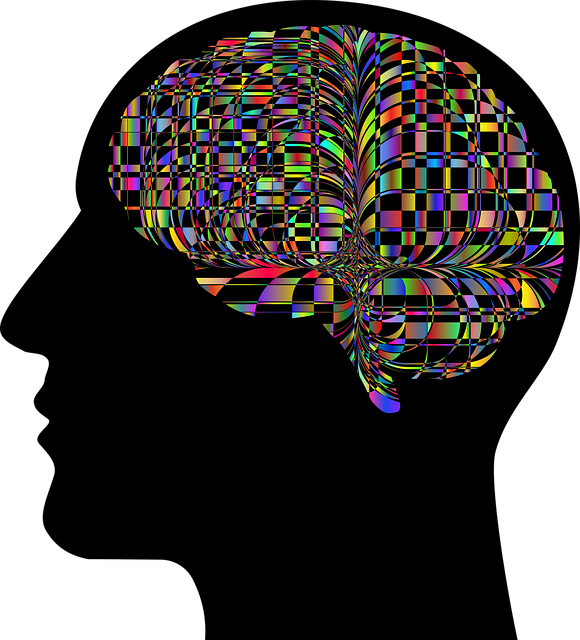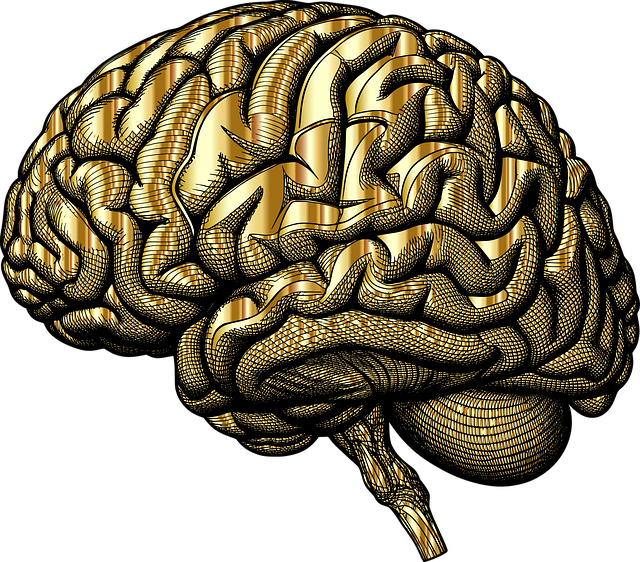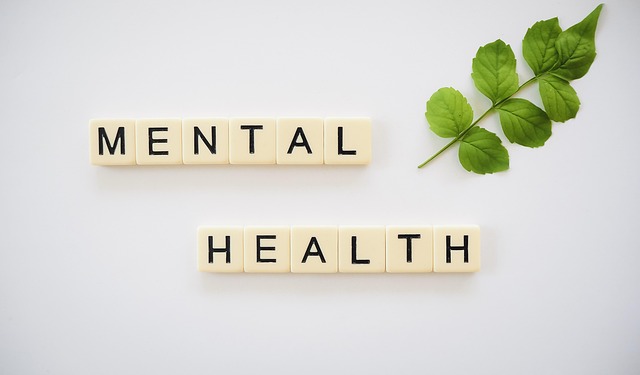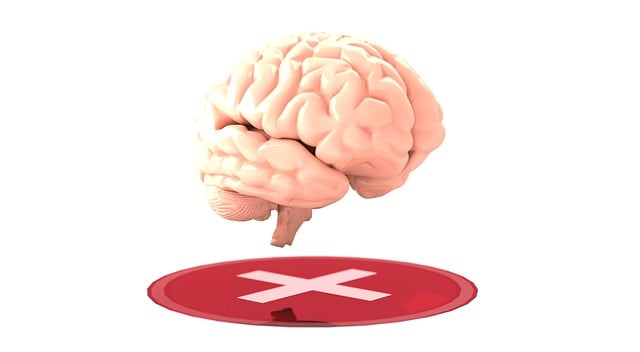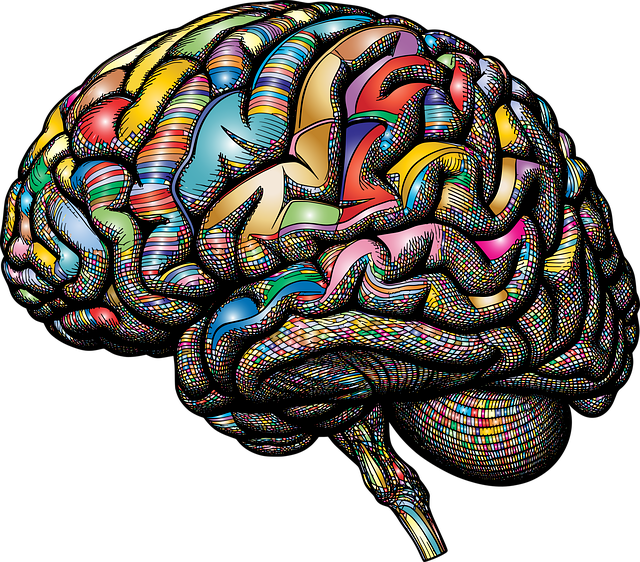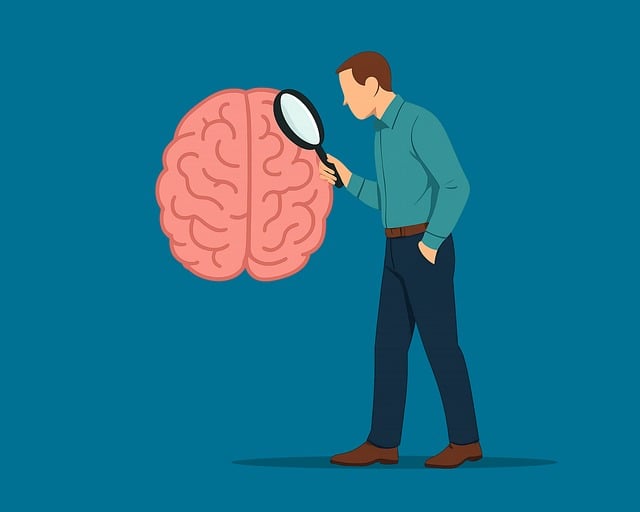Emotional intelligence (EI), as emphasized by Westminster Domestic Violence Therapy, is a transformative tool for personal growth and community building. Recognizing and managing emotions, both one's own and others', EI fosters self-care, stress reduction, better communication, and deeper connections. For trauma survivors, it aids in healing processes; on a broader scale, high EI levels enhance community cohesion, compassion, and resilience. Self-awareness development through introspection and feedback, along with empathy practice, are key strategies to build EI, contributing to stronger relationships and mental well-being.
Emotional intelligence (EI) is a powerful tool for personal growth and building strong relationships. Understanding EI, or its ability to recognize and manage emotions, can transform lives and communities. This article explores EI’s impact on relationships and communities, offering strategies for development, particularly self-awareness and empathy. By delving into these concepts, we aim to equip readers with tools to enhance their well-being, foster healthier connections, and even mitigate issues like domestic violence, as highlighted by Westminster Domestic Violence Therapy services.
- Understanding Emotional Intelligence: A Cornerstone of Personal Growth
- The Impact of Emotional Intelligence on Relationships and Communities
- Strategies for Developing Self-Awareness: The First Step Towards Change
- Practicing Empathy: Building Stronger Connections and Resolving Conflicts
Understanding Emotional Intelligence: A Cornerstone of Personal Growth

Emotional intelligence (EI) is a cornerstone of personal growth and well-being, crucial for navigating life’s complexities. It involves recognizing, understanding, and managing one’s own emotions, as well as empathizing with and influencing the emotions of others. For individuals dealing with past traumas like domestic violence, building emotional intelligence can be transformative. Westminster Domestic Violence Therapy highlights the importance of EI in healing and rebuilding healthy relationships.
Developing emotional intelligence encourages individuals to cultivate self-care practices and stress reduction methods that are vital for maintaining mental health. By improving emotional regulation skills, people can better cope with challenging situations, enhance communication, and foster deeper connections with others. This process is essential not just for personal growth but also for creating more compassionate and resilient communities.
The Impact of Emotional Intelligence on Relationships and Communities

Emotional intelligence (EI) plays a pivotal role in fostering strong relationships and building cohesive communities. At its core, EI involves recognizing, understanding, and managing one’s own emotions as well as empathizing with others. This dual capability significantly enhances social interactions, enabling individuals to connect on a deeper level, resolve conflicts peacefully, and build trust. In the context of Westminster Domestic Violence Therapy, EI is instrumental in helping survivors navigate challenging emotional terrains and heal from traumatic experiences.
Beyond individual relationships, communities benefit from high EI levels as it promotes a sense of unity, compassion, and collective well-being. Mentally healthy professionals equipped with EI skills can effectively implement Crisis Intervention Guidance and conduct thorough Risk Assessments for Mental Health Professionals, ensuring the safety and resilience of vulnerable populations. By cultivating positive thinking and empathy, communities become more resilient in the face of adversity, fostering an environment where everyone feels valued and supported.
Strategies for Developing Self-Awareness: The First Step Towards Change

Developing self-awareness is a powerful strategy for building emotional intelligence and fostering positive change. It involves understanding your own emotions, strengths, weaknesses, and how they impact your thoughts and actions. Westminster Domestic Violence Therapy emphasizes this as a foundational step in personal growth and healing. By cultivating self-awareness, individuals can gain insights into their reactions to various situations, identify triggers, and develop healthier coping mechanisms.
This journey often begins with introspection, encouraging individuals to reflect on their experiences, patterns of behavior, and emotional responses. It also involves seeking feedback from trusted sources, such as friends or professionals like therapists who specialize in domestic violence therapy. This collaborative process enhances cultural sensitivity in mental healthcare practice by creating safe spaces for vulnerable individuals to explore their emotions while incorporating communication strategies that boost confidence.
Practicing Empathy: Building Stronger Connections and Resolving Conflicts

Practicing empathy is a cornerstone of emotional intelligence building. It involves understanding and sharing the feelings of another person, fostering deeper connections and resolving conflicts more effectively. By cultivating empathy, individuals can strengthen their relationships, both personally and professionally. This skill enables people to step into someone else’s shoes, see situations from different perspectives, and respond with compassion rather than judgment.
Westminster Domestic Violence Therapy emphasizes the role of empathy in creating safer and healthier environments. When individuals demonstrate empathy towards victims or those affected by trauma, it helps to build resilience and promotes a sense of safety. Moreover, practicing empathy can serve as a powerful stress reduction method, as it encourages active listening and open communication—skills that are beneficial for managing and preventing conflicts. Additionally, by fostering empathy, individuals can boost their confidence in navigating challenging conversations with grace and understanding.
Emotional intelligence is a powerful tool for personal growth and community development. By understanding and managing our emotions, we can foster healthier relationships and create more supportive environments. The strategies outlined in this article, such as cultivating self-awareness and practicing empathy, are essential steps towards enhancing emotional intelligence. At Westminster Domestic Violence Therapy, we recognize the profound impact of emotional intelligence on individual well-being and societal harmony, encouraging everyone to embark on this transformative journey.



